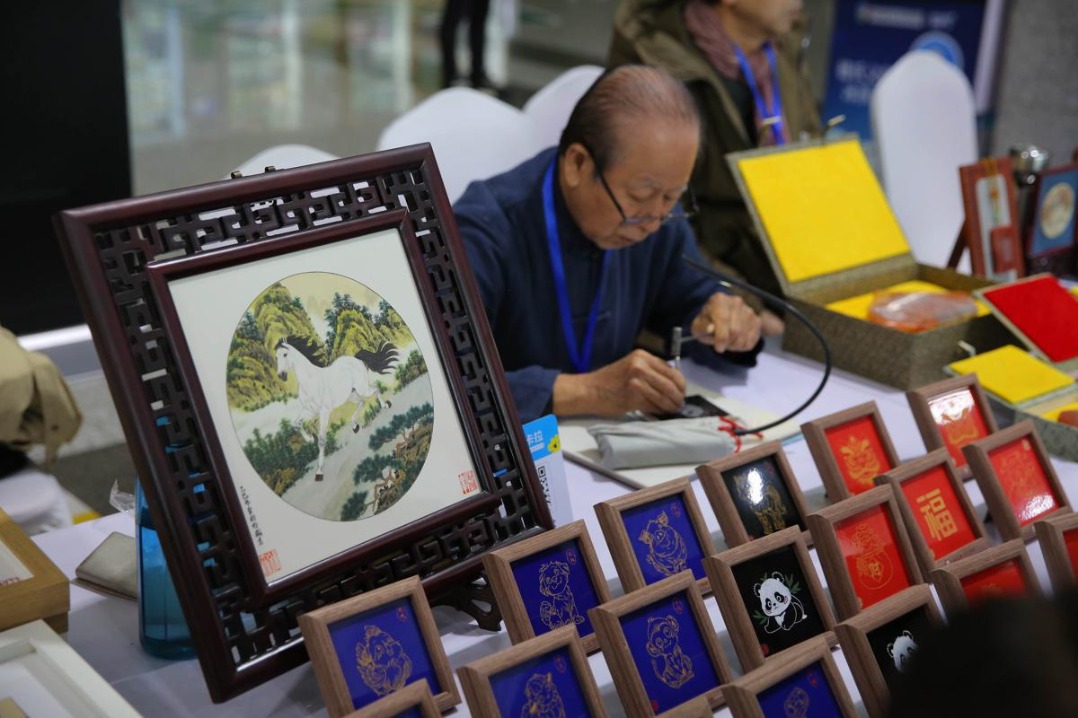Researchers develop new flexible solar cells

SHENZHEN -- A joint research team has developed a new type of highly flexible and stable solar cell that could be used in wearable electronics.
The power supply is vital to the safety of wearable electronics. Perovskite solar cell (PSC) has been widely used to manufacture flexible batteries because it is highly efficient, cheap, and easy to use.
Perovskite is a material with the same type of crystal structure as calcium titanium oxide.
The flexible substrate is the key factor to determine the performance of PSCs.
Current PSCs are mainly made of a polymer substrate, which has been proven fragile, unstable and is not adequately waterproof.
Researchers from the Shenzhen Institutes of Advanced Technology under the Chinese Academy of Sciences built a new type of PSC based on an inorganic mica substrate, which could reduce the strain in the device even under large bending deformation.
Mica is a mineral that separates easily into small flat transparent pieces of rock.
The mica-based PSCs exhibit a high-efficiency conversion of sunlight into electricity, with a photovoltaic conversion efficiency of 18 percent. It can also retain more than 91.7 percent of the original conversion efficiency after 5,000 cycles of large deformation bending, according to researchers.
In addition, the new PSCs are relatively stable against humidity under elevated temperatures.
The study was published in the latest issue of US journal Nano Energy.
Researchers from Shijiazhuang Tiedao University in Hebei Province and Chiao Tung University in Taiwan participated in the study.
- China's Global Governance Initiative receives positive feedback at forum
- China's Xizang sees steady tourism growth in 2025
- First-of-its-kind pearl auction held utilizing Hainan FTP
- Agarwood exhibition steeps Shanghai museum in fragrance
- The Fujian Coast Guard conducts regular law enforcement patrol in the waters near Jinmen
- IP protection for new fields to improve




































